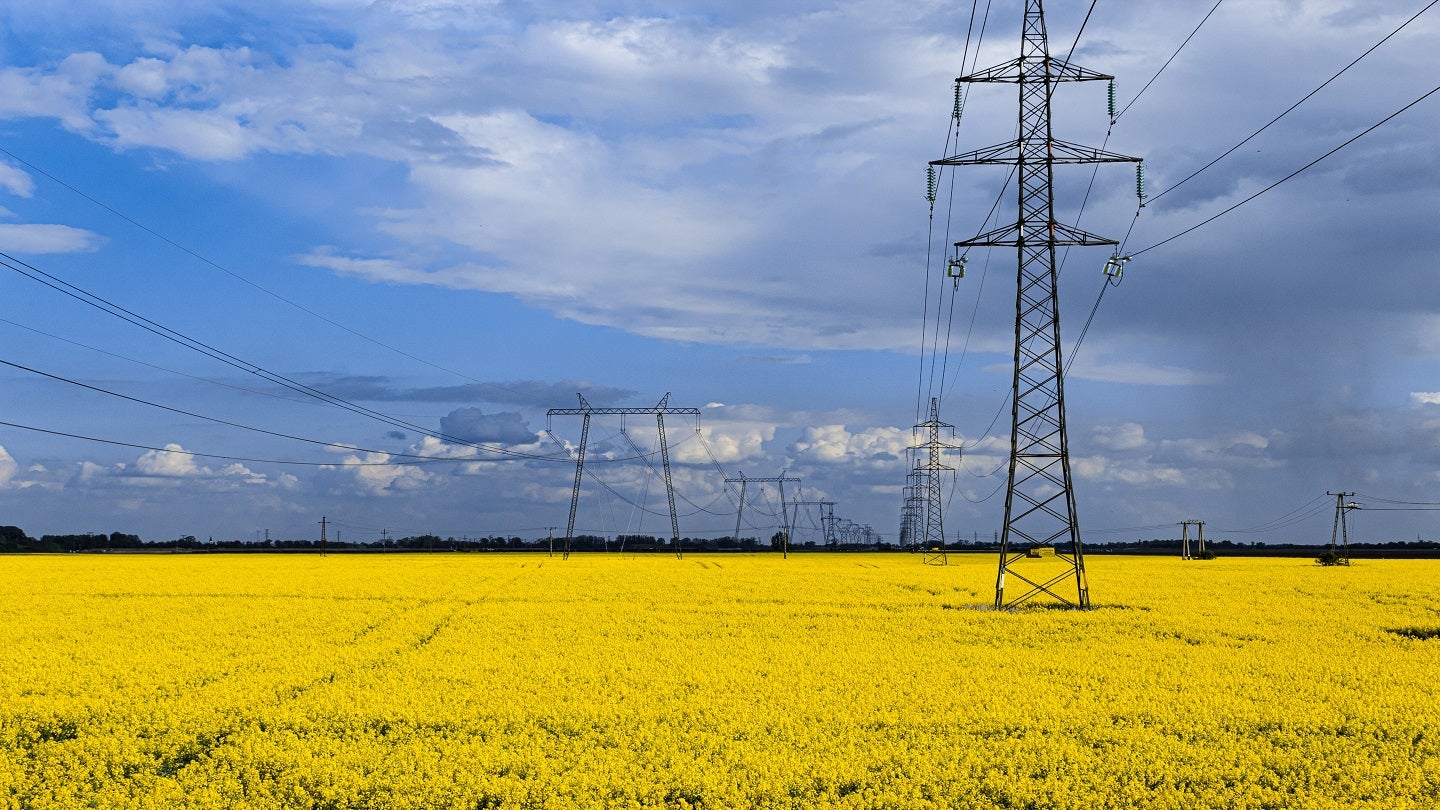
Italian transmission system operator (TSO) Terna has announced plans to invest more than €21bn ($22.2bn) in Italy’s energy grid over a period of ten years.
The company announced the investment as part of its 2023 development plan for the national grid.
The allocated amount is 17% more than Terna’s previous ten-year plan and will focus on promoting decarbonisation across the country, as well as reducing Italy’s dependence on foreign supply sources.
Terna has also included an innovative ‘hypergrid’ project in its latest plan, which will involve investing €11bn in five new electricity ‘backbones’.
The hypergrid project is estimated to double the power exchange capacity from Italy’s south to its north to 30GW.
It includes both overhead and undersea high-voltage direct current (HVDC) connections.

US Tariffs are shifting - will you react or anticipate?
Don’t let policy changes catch you off guard. Stay proactive with real-time data and expert analysis.
By GlobalDataThe project will involve overhauling the existing power transmission lines on the Tyrrhenian and Adriatic backbones on the mainland and towards the islands.
Terna said the development of the direct current backbones would also reduce land use and landscape impact.
The projects planned by the TSO are intended to help meet the targets set at European level in the ‘Fit-for-55’ measures package.
This package aims to reduce carbon emissions by 55% by 2030 against their 1990 levels.
Terna CEO Stefano Donnarumma said: “The investments included in the 2023 Development Plan are Terna’s highest ever and will have a decisive enabling effect on the energy transition and the achievement of the targets adopted by Europe and Italy.
“In today’s particularly challenging context, long-term planning has never been so important, a coordinated effort between institutions that enables Italy to seize all the opportunities that the transition brings with it.
“Renewable sources are our oil: enabling their distribution and integration is part of our mission as directors of the electricity system and will be a determining factor in ensuring Italy’s energy security.”



